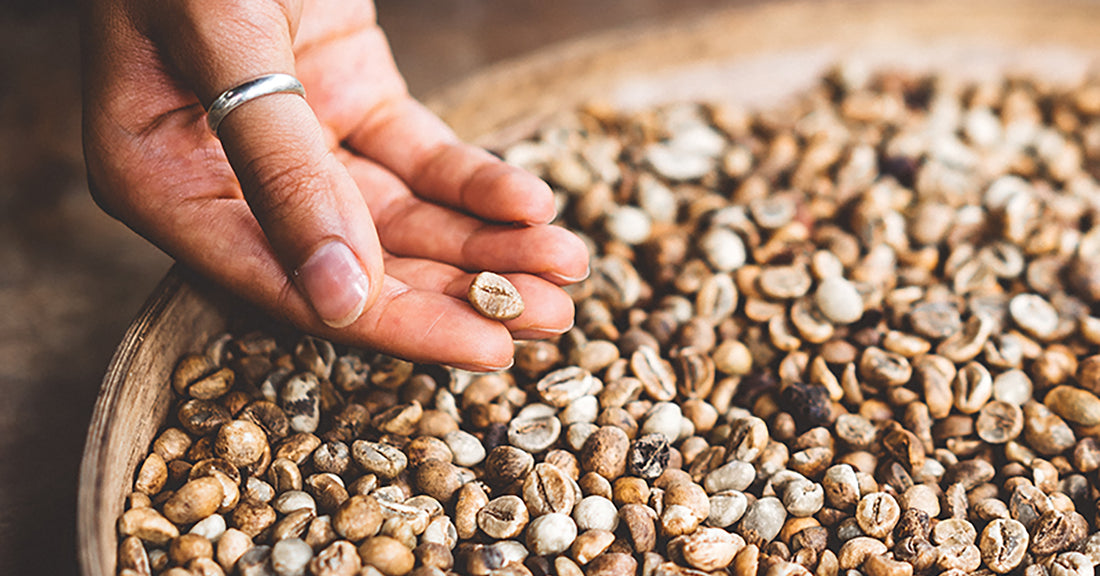
Coffee antioxidants found to work better than vitamin C
LifestyleCoffee Possesses More Than 1,000 Antioxidants
If you’re looking for an added antioxidant boost to your coffee, go ahead and pour yourself another cup.
Coffee takes the gold when it comes to antioxidant activity. Before processing, coffee beans hold approximately 1,000 antioxidants and develop even more during the roasting process. To put that into perspective, coffee has more antioxidants than green tea and cocoa—two foods known for their high concentration of antioxidants.
Antioxidants help boost our immune systems and help us fight inflammation, an underlying cause of many chronic conditions (including arthritis, atherosclerosis, and many types of cancer). There are even studies that link coffee drinking to helping with symptoms of the common cold.
Scientists are just unlocking the potential of coffee beans in terms of their health benefits—including their ability to help with brain function, kidney functionality and more. There’s also reason to believe that the unused parts of the coffee bean could be high in nutritional value, too.
Each year, the byproducts of roasting coffee beans and brewing undeniably good coffee amount to more than 2 billion metric tons worldwide. These byproducts include the silverskin—the outer layer of the bean removed after drying and the coffee grounds, which are typically thrown out after brewing. According to a study published in Science Daily, these grounds are full of nutritional value.
These components of coffee that are usually discarded have been found to be 500 times higher in antioxidant activity than vitamin C alone. Researchers from the University of Granada also found these components to serve as powerful prebiotics (which help healthy microorganisms grow) and antimicrobials (found in medicines to help fight illness).
Researchers also found that adding sugar during the roasting process increased both the antimicrobial and antioxidant activity without reducing the prebiotic activity. Since this research has been done, The Spanish Ministry of Economics and Finance has allocated more resources to continue studies, with hopes to find a way to recycle coffee byproducts as food ingredients. This will give foods a nutrient boost as well as reducing the harmful environmental impacts of the coffee industry.
[Featured Image Credit: Joshua Newton via Unsplash]
